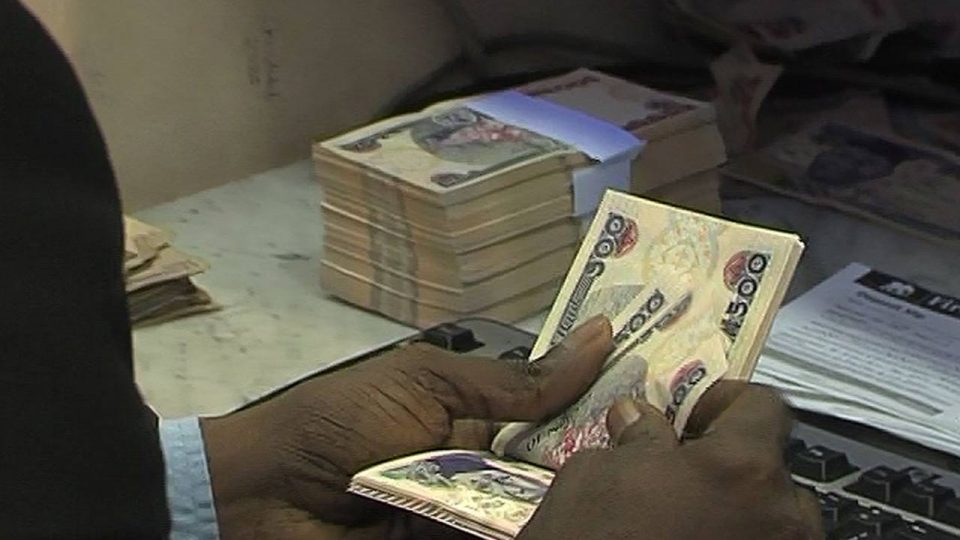Foreign exchange inflows into Nigeria through International Money Transfer Operators (IMTOs) rose sharply to $4.76 billion in 2024, representing a 44.49 per cent increase from $3.30 billion recorded in 2023. This was disclosed in the Central Bank of Nigeria’s (CBN) latest quarterly statistical bulletin.
The growth was steady and strong throughout the year, driven by major reforms introduced by the CBN under the leadership of Governor Olayemi Cardoso, who assumed office in September 2023. These reforms included adjustments to the FX market rules, licensing updates, and new incentives for diaspora remittances.
In January 2024, IMTO inflows jumped by 32.5 per cent year-on-year to $390.86 million, compared to $295.21 million in January 2023. February recorded an even higher rise of 67.3 per cent, with inflows reaching $326.91 million, up from $195.23 million in the same month last year. March also posted a healthy 30 per cent growth with $363.76 million, compared to $279.79 million in 2023.
April stood out as the strongest performing month in the first half of the year, recording an 83.3 per cent increase in remittance inflows, which reached $466.11 million from $254.26 million a year earlier. The momentum continued in May with a 45.3 per cent increase to $404.75 million, and June followed closely with $389.79 million, up by 40.2 per cent year-on-year.
The highlight of the year came in July and August, which were described as standout months. July recorded $552.94 million, representing a 130 per cent increase compared to the same month in 2023. August saw the highest inflow of the year at $585.21 million, up by 116 per cent. Combined, these two months accounted for almost 25 per cent of the total remittance inflows for the entire year.
In the final quarter of the year, the trend became mixed. September inflows rose by 40.8 per cent to $336.61 million, and October followed with a 29.1 per cent increase to $378.85 million. However, November experienced a dip, with inflows dropping by 22.1 per cent to $252.28 million. December saw a modest recovery with a 9.1 per cent increase to $316.59 million.
The CBN linked this sharp rise in remittance inflows to policy adjustments and new regulatory measures. One major reform was the removal of the cap on exchange rates quoted by IMTOs. Previously, IMTOs were only allowed to quote rates within ±2.5 per cent of the previous day’s closing rate. By removing this restriction in January 2024, the CBN allowed market forces to determine rates more freely, attracting more inflows.
Also, the apex bank increased the licence application fee for IMTOs from N500,000 in 2014 to N10 million under the new guidelines, a 1,900 per cent increase. In addition, both local and foreign IMTOs are now required to maintain a minimum operating capital of $1 million.
Another major shift came when the CBN lifted the restriction on IMTOs from purchasing foreign exchange from the domestic market. Now, IMTOs can trade freely on the official FX market, boosting liquidity and improving competitiveness.
To further drive remittance inflows, the CBN set up a Collaborative Task Force that reports directly to Governor Cardoso. The team is responsible for increasing diaspora engagement, encouraging more players to join the IMTO space, and improving the transparency of foreign exchange transactions.
Confirming recent developments, the Acting Director of Corporate Communications at the CBN, Mrs. Hakama Sidi Ali, said 14 new Approval-in-Principle licences were issued to IMTOs this year. This expansion is part of the regulator’s plan to double remittance inflows by opening up the space for more competition and innovation.
Market observers believe that these reforms are already strengthening Nigeria’s foreign exchange position by encouraging formal remittance flows. The improved inflow has helped to reduce pressure on the naira and increase foreign currency supply in the local market.
